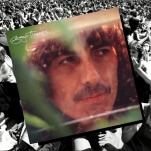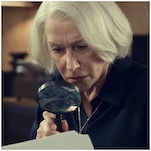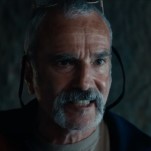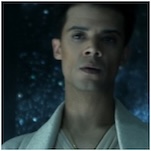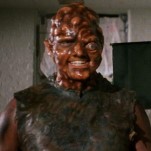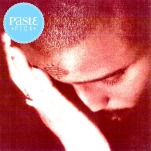Manderlay
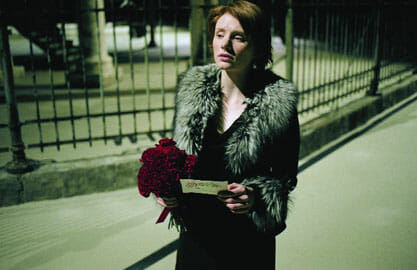
(Above: Bryce Dallas Howard as Grace)
Letter to America: Feisty Dogville sequel has familiar style but fresh insights
Director/Writer: Lars von Trier
Cinematography: Anthony Dod Mantle
Starring: Bryce Dallas Howard, Isaach De Bankolé, Danny Glover, Willem Dafoe, Chloë Sevigny
Studio info: IFC Films, 139 mins.
Critics gave Thomas Vinterberg’s recent film Dear Wendy, written by Lars von Trier, a pretty savage beating, but many of them read the film as an uninformed critique of America’s gun culture rather than a somewhat better-informed critique of America’s foreign policy. Vinterberg may have created the confusion himself by expanding the story’s human side in ways I doubt would’ve interested von Trier. Also, the movie’s commentary is subtle as a two-by-four to the noggin. But does Dear Wendy really make any less sense than A Clockwork Orange, which was nominated for four Academy Awards? Of course, that movie—with its violent bands of dandy youths—ridicules Britain instead of America. Dear Wendy certainly has some rough edges, but they now seem like the germs of an idea more fully realized in von Trier’s own new film, Manderlay.
-

-

-

-

-

-

-

-

-

-

-

-

-

-

-

-

-

-

-

-

-

-

-

-

-

-

-

-

-

-

-

-

-

-

-

-

-

-

-

-

